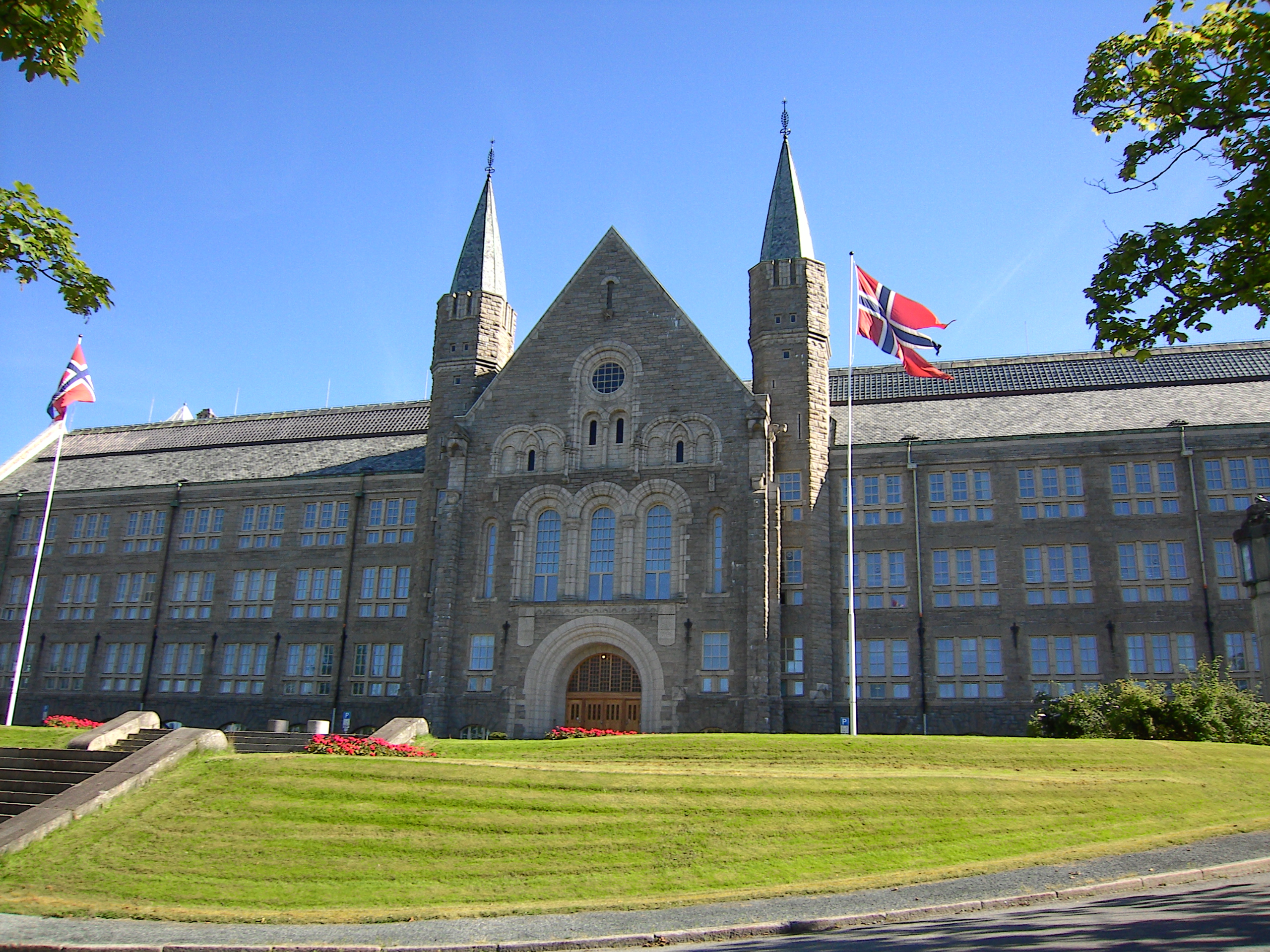|
Candidatus Philologiæ
Candidatus philologiae (male) or Candidata philologiae (female), often abbreviated cand.philol. is an academic degree in Arts and Letters at Education in Denmark, Danish and Higher education in Norway, Norwegian universities. In Norway, the degree usually required six years of study at the time it was abolished (2007). It is considered an entry-level scientific degree for careers in academia (qualifying for positions as assistant professor or universitetslektor), as doctorates traditionally are awarded at a later stage in the career to senior academics. Master's degrees Academic degrees of Norway {{Europe-edu-stub ... [...More Info...] [...Related Items...] OR: [Wikipedia] [Google] [Baidu] |
Academic Degree
An academic degree is a qualification awarded to students upon successful completion of a course of study in higher education, usually at a college or university. These institutions commonly offer degrees at various levels, usually including undergraduate degrees, master's, and doctorates, often alongside other academic certificates and professional degrees. The most common undergraduate degree is the bachelor's degree, although in some countries there are lower level higher education qualifications that are also titled degrees (e.g. associate degrees and foundation degrees). History Emergence of the doctor's and master's degrees and the licentiate The doctorate (Latin: ''doceo'' "I teach") appeared in medieval Europe as a license to teach (Latin: ''licentia docendi'') at a medieval university. Its roots can be traced to the early church when the term "doctor" referred to the Apostles, church fathers and other Christian authorities who taught and interpreted the Bible ... [...More Info...] [...Related Items...] OR: [Wikipedia] [Google] [Baidu] |
Education In Denmark
Education in Denmark is compulsory ( da, undervisningspligt) for children below the age of 15 or 16, even though it is not compulsory to attend ''Folkeskole'' ("public school"). The school years up to the age of fifteen/sixteen are known as ''Folkeskole'', since any education has to match the level offered there. About 82% of young people take further education in addition to this. Government-funded education is usually free of charge and open to all. Denmark has a tradition of private schools and about 15.6% of all children at basic school level attend private schools, which are supported by a voucher system. The Education Index, published with the UN's Human Development Index in 2008, based on data from 2013, lists Denmark as 0.873, amongst the highest in the world, beneath Australia, Finland and New Zealand. Literacy in Denmark is approximately 99% for both men and women. History The Danish education system has its origin in the cathedral- and monastery schools established b ... [...More Info...] [...Related Items...] OR: [Wikipedia] [Google] [Baidu] |
Higher Education In Norway
Higher education in Norway is offered by a range of eight universities, nine specialised universities (focused on a specific program area), 24 university colleges as well as a range of private university colleges. The national higher education system is in accordance with the Bologna process, with bachelor's degrees (''first cycle'', three years), master's degrees (''second cycle'', two years) and doctoral degrees (''third cycle'', three years). Acceptance is offered after finishing upper secondary school and meeting general university admissions certification. Public education is free, with an academic year with two semesters, from August to December and from January to June. The ultimate responsibility for the education lies with the Norwegian Ministry of Education and Research. System Admission Acceptance to higher education requires either fulfilled three years of upper secondary school with general university admissions certification. This is awarded non-vocational st ... [...More Info...] [...Related Items...] OR: [Wikipedia] [Google] [Baidu] |
Master's Degrees
A master's degree (from Latin ) is an academic degree awarded by universities or colleges upon completion of a course of study demonstrating mastery or a high-order overview of a specific field of study or area of professional practice. A master's degree normally requires previous study at the bachelor's degree, bachelor's level, either as a separate degree or as part of an integrated course. Within the area studied, master's graduates are expected to possess advanced knowledge of a specialized body of and applied topics; high order skills in |

